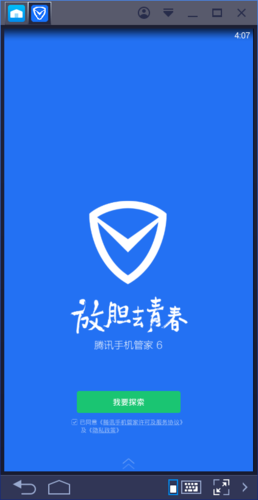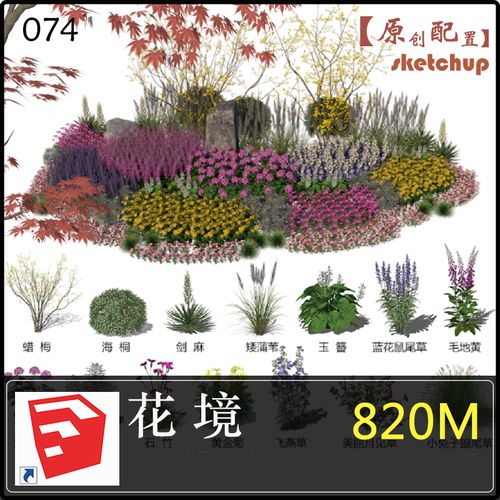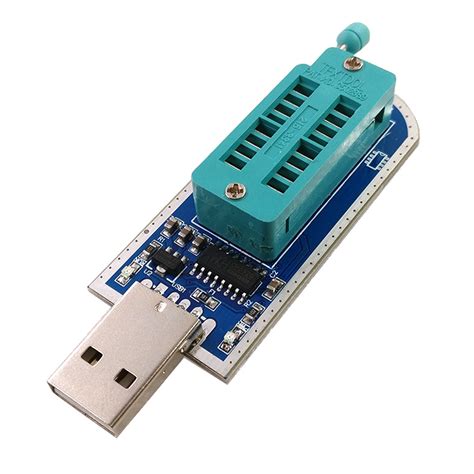编程语言linux
Kubernetes is not a programming language but rather an opensource container orchestration platform. It automates deployment, scaling, and management of containerized applications. However, there are several programming languages used in conjunction with Kubernetes for developing and managing applications within the cluster. In this article, we will explore some of the popular programming languages and frameworks used with Kubernetes and their benefits.
1. Go (Golang):
Go is the language in which Kubernetes itself is developed. It offers exceptional performance, concurrency, and lowlevel control, making it ideal for systems programming. Go's simplicity and ease of use make it a popular choice for developing Kubernetes components and extending the platform. It also has excellent support for writing cloudnative applications, which aligns well with Kubernetes' goals.
2. Python:
Python is widely used for scripting and automation tasks, and it is no different when it comes to Kubernetes. Python's rich ecosystem of libraries and frameworks, such as Flask and Django, makes it a versatile language for building and deploying applications on Kubernetes. Python also has welldocumented Kubernetes client libraries, like the official Kubernetes Python client (clientpython), which simplify interacting with the Kubernetes API.
3. Java:
Java is a highly popular language in the enterprise world, and Kubernetes has excellent support for running Java applications. Kubernetes can host Java applications in containers, providing scalability, reliability, and easy management. The Spring Boot framework is widely used with Java for building microservices, and it integrates seamlessly with Kubernetes, allowing developers to focus on business logic rather than infrastructure concerns.
4. JavaScript (Node.js):
JavaScript has gained significant popularity in recent years, and its runtime environment, Node.js, is widely used for building serverside applications. With the rise of containers and Kubernetes, developers can deploy Node.js applications on the cluster easily. Node.js is known for its eventdriven, nonblocking I/O model, making it suitable for building highly scalable applications that can seamlessly handle concurrent requests.
5. Rust:
Rust is a systems programming language that focuses on safety, performance, and concurrency. While not as widely adopted in the Kubernetes ecosystem as Go or Python, Rust can be used for developing Kubernetesrelated tools and components. The language's emphasis on memory safety and performance makes it a compelling choice for building critical Kubernetes components that require high reliability.
When choosing a programming language or framework for Kubernetes, consider the following factors:
Familiarity: Select a language that your development team is comfortable with and has experience in. Adapting to a new language may require additional time and resources for training.
Performance: Consider the performance requirements of your application. Some languages may offer better performance characteristics than others.

Ecosystem: Evaluate the availability of libraries, frameworks, and community support for the language. A rich ecosystem can significantly simplify development and improve productivity.
Integration: Check whether the language has welldocumented and maintained client libraries or SDKs for interacting with the Kubernetes API.
In conclusion, while Kubernetes itself is not a programming language, it can be utilized with various programming languages for developing and managing applications within the cluster. Choosing the right programming language depends on your specific requirements, team expertise, and the tools and frameworks you plan to use.
版权声明
本文仅代表作者观点,不代表百度立场。
本文系作者授权百度百家发表,未经许可,不得转载。











